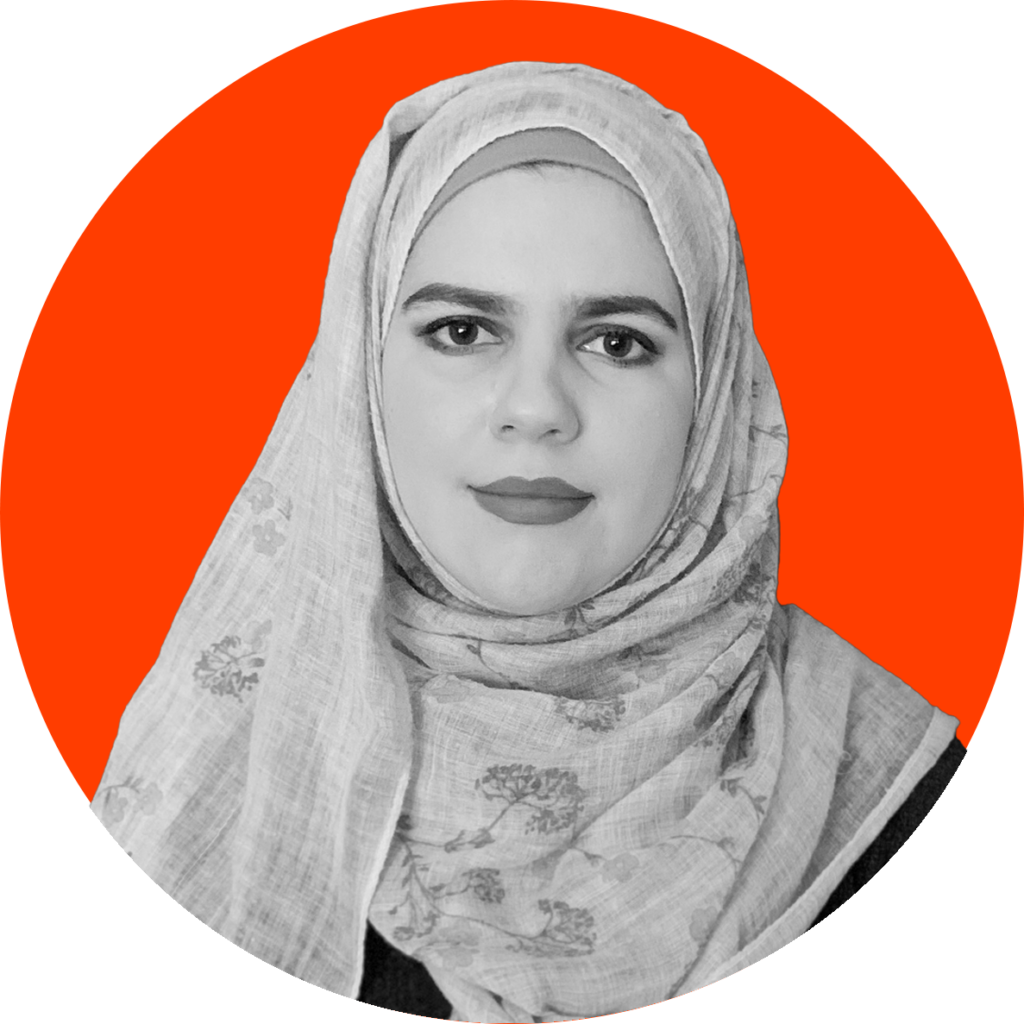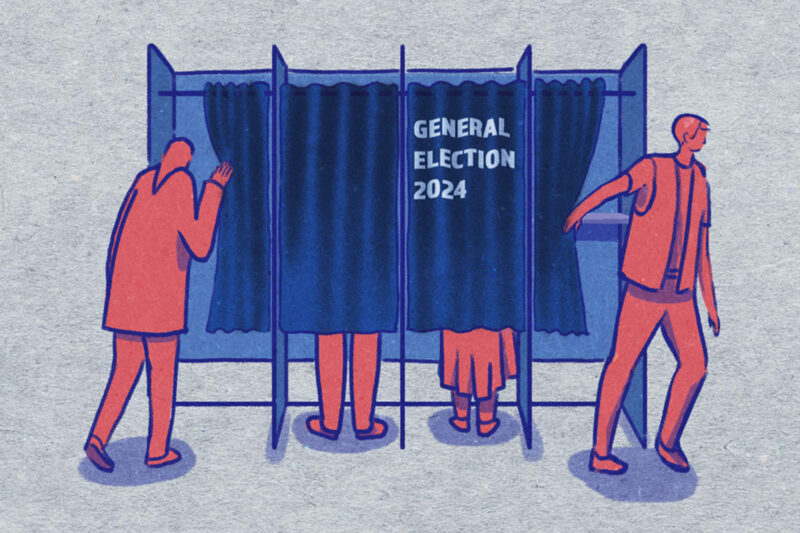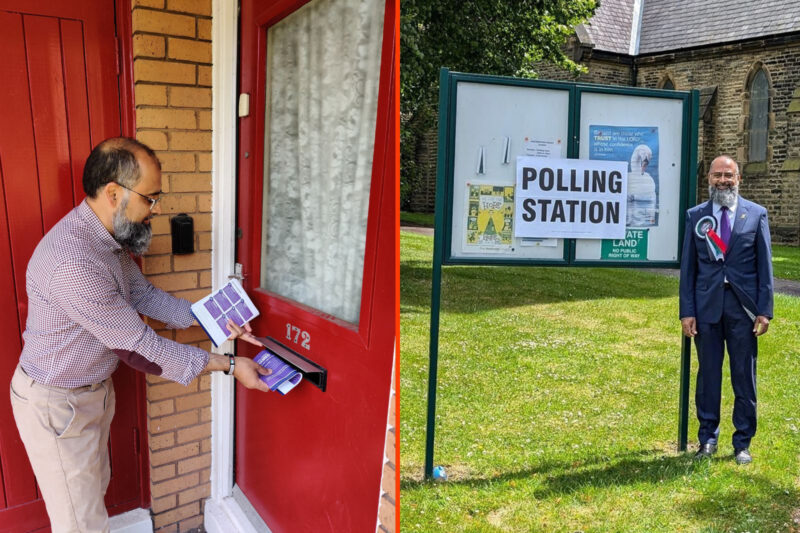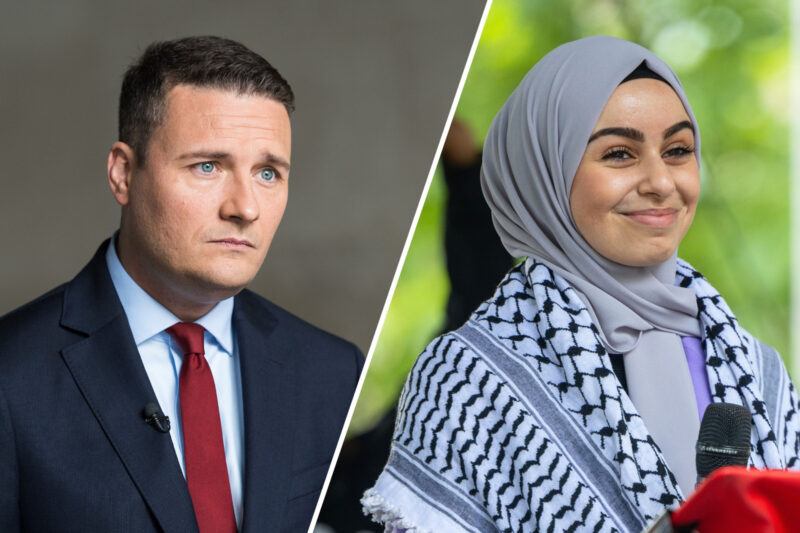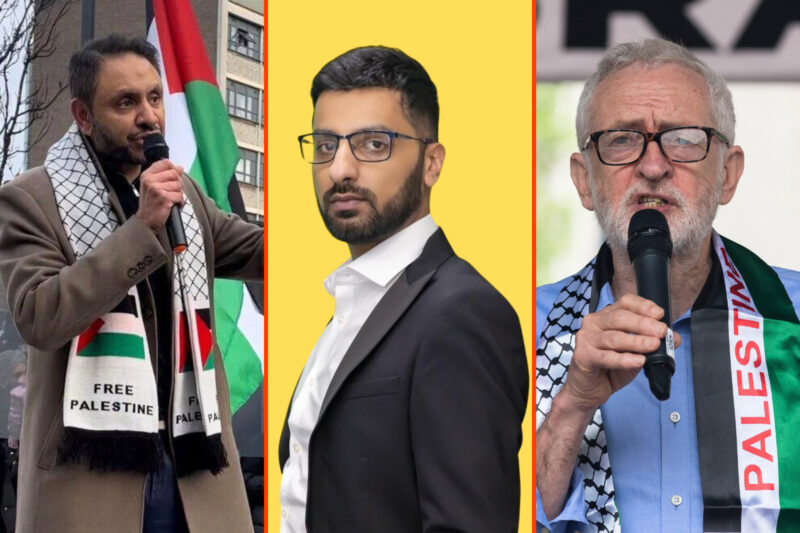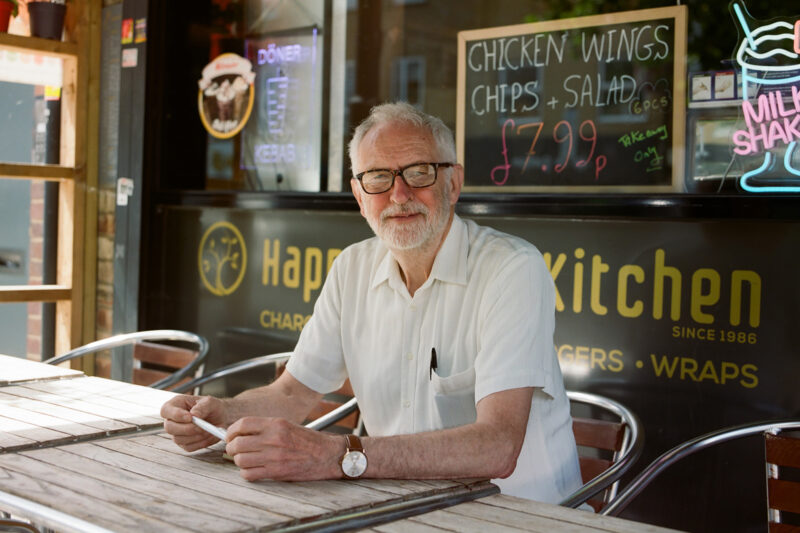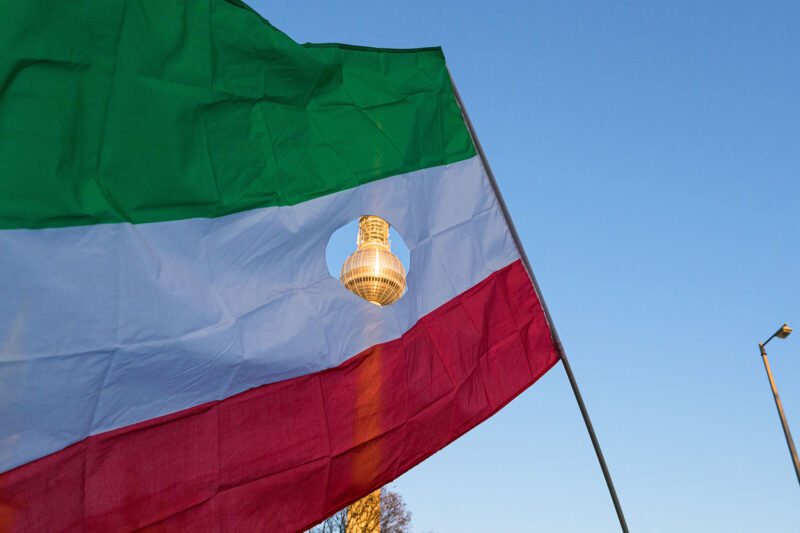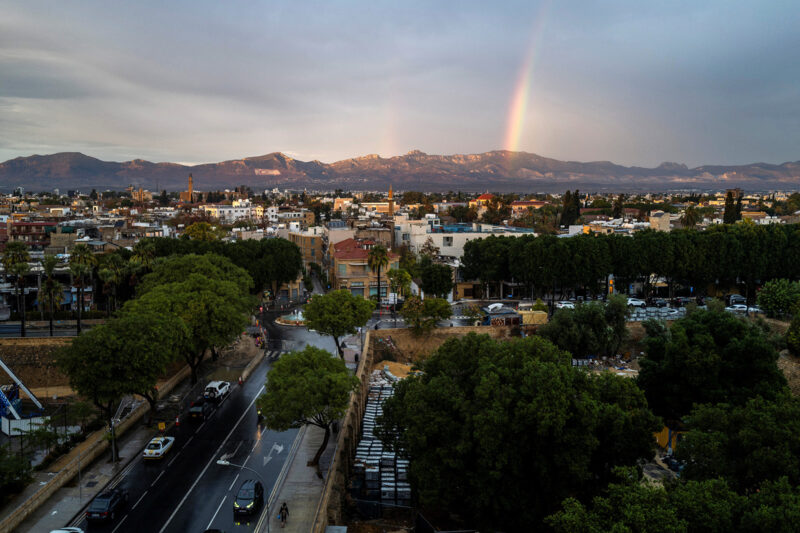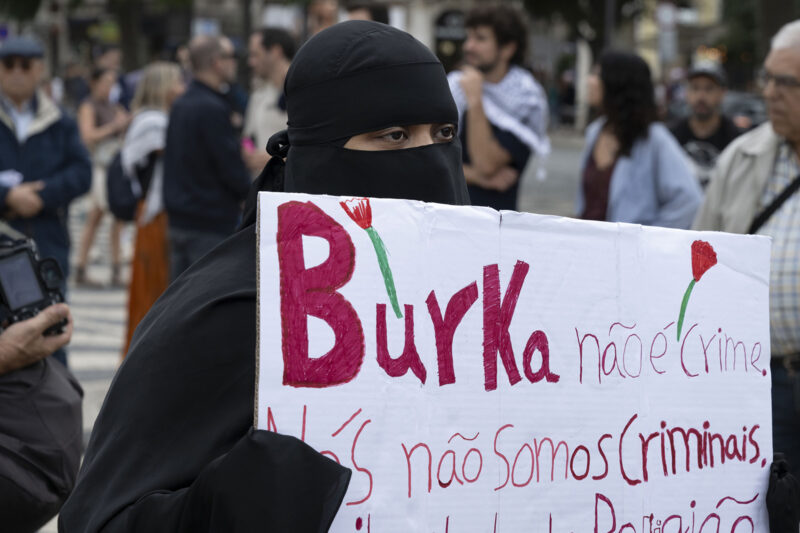Is Labour trying to split the Muslim vote in Dewsbury and Batley?
Independent candidate Iqbal Mohamed hopes to send Labour packing in this northern seat. But Starmer’s party has selected its own Muslim, pro-Gaza candidate — and some are sceptical
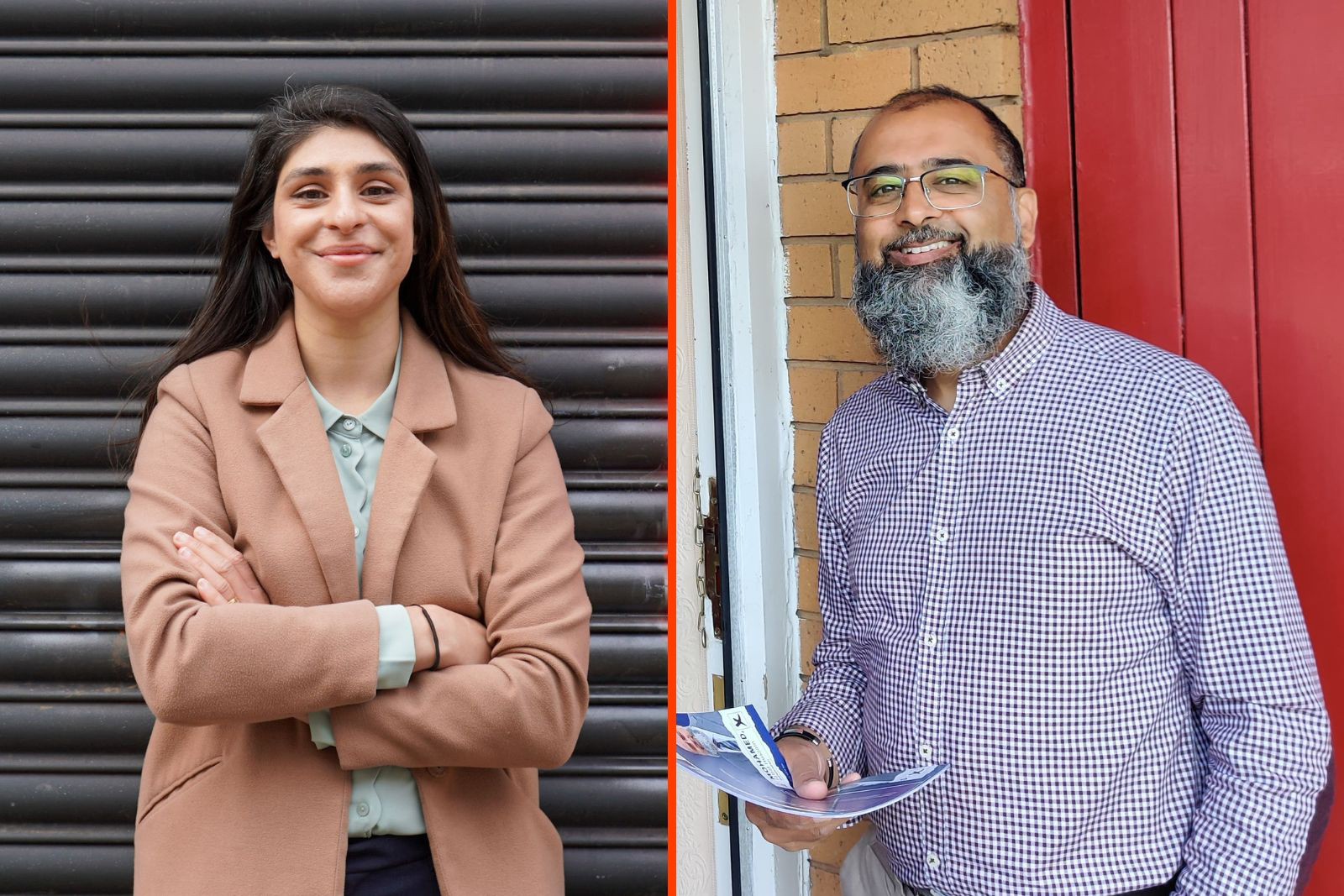
In the northern towns of Dewsbury and Batley, nestled side by side in the West Yorkshire district of Kirklees, two Iqbals are vying for the constituency’s parliamentary seat.
Had the election been held nine months ago, Heather Iqbal — who hails from nearby Bradford — would almost certainly have secured Labour a majority. But Keir Starmer’s stance on Gaza has seen the love affair between the party and the area’s sizeable Muslim community sour.
May’s local polls proved this: independent Muslim candidates Zahid Kahut and Aziz Daji unseated Labour in two of Batley’s council wards, while Ali Arshad did the same down the road in Heckmondwike, Dewsbury.
Their seats were hard won. Dewsbury and Batley’s Muslim community has a long history of internal divisions based on differences in Islamic denomination, and it took the effort of 40 or so local mosques to mobilise them.
This week, it is the independent parliamentary candidate Iqbal Mohamed who hopes to secure their collective backing.
Dewsbury and Batley’s electorate includes 32,000 Muslims. Political expert and founder of The Thinking Muslim podcast Muhammad Jalal believes they stand a good chance of swinging the vote to Mohamed, who — like the successful councillors — is standing on an explicitly pro-Palestine platform amid dissatisfaction with Labour.
“The Labour party in particular has seen the Muslim vote to be of no value because [it is seen as] a block vote come rain or shine,” he says. “[But] after the ‘war on terror’, and post-9/11, that Muslim vote came back to bite the Labour party in 2005.” He points to neighbouring Blackburn, where an effort to unseat then foreign secretary Jack Straw saw Labour drop 12 percentage points, although it still won.
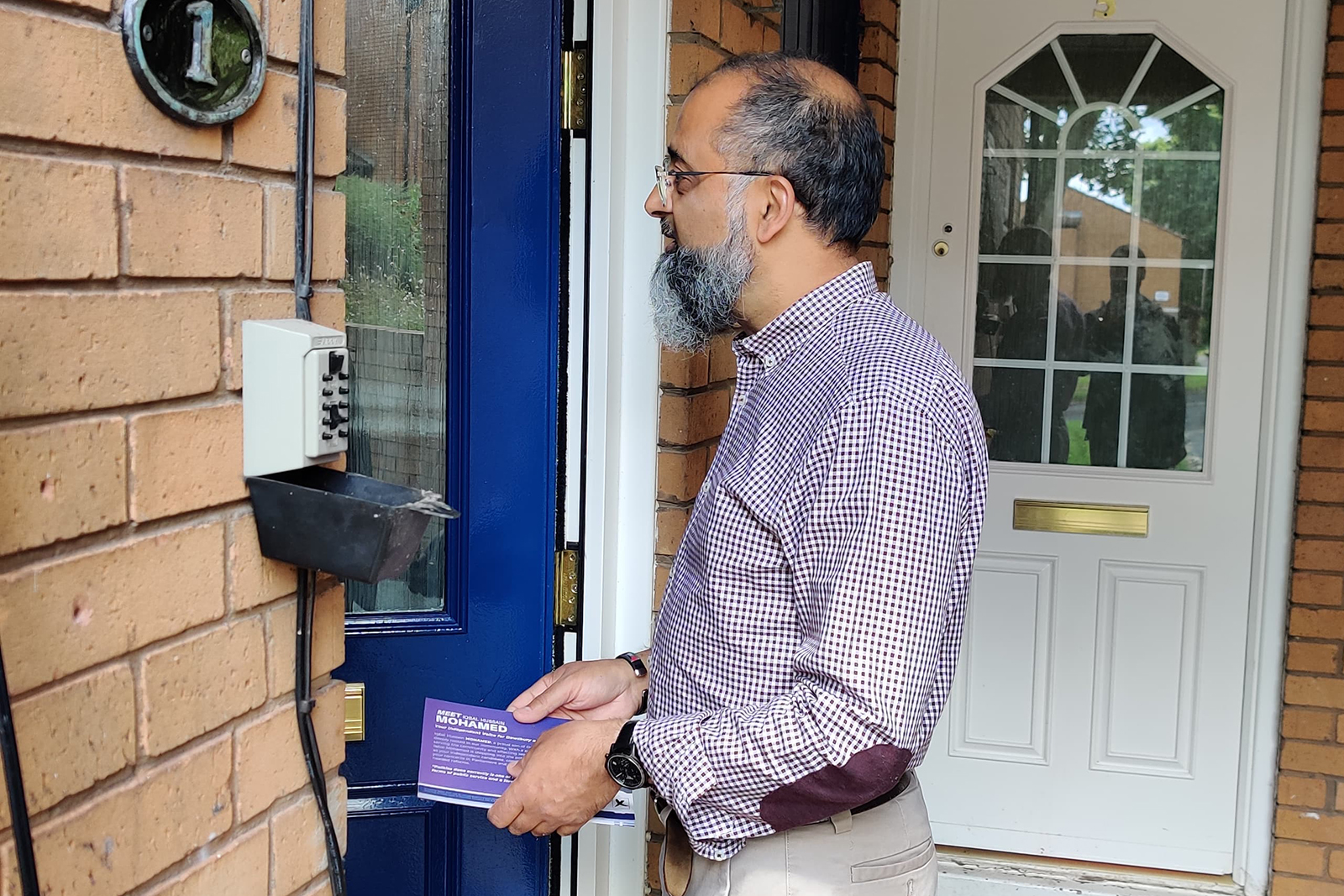
Some Muslims in Dewsbury and Batley are optimistic that if they vote strategically in next week’s general election, Mohamed will be the first MP for this newly created constituency. Others are less so, and believe there are still sectors within the Muslim community who will resist pressure to abandon Labour. One local leader who asks not to be named tells me Labour’s most ardent Muslim supporters here are long-time community figures who are lending Labour’s Iqbal their support for personal gain, with the hope of retaining influence in the area.
But business consultant Akhtar Kasia, who has lived in Batley for 32 years, is hopeful. In his spare time, he campaigns for the restoration of public services and facilities that have been shut down by the council. He also runs the website Batley-Dewsbury 2030, detailing how he believes the two town centres can be revitalised.
Kasia tells me he has never held an allegiance to one political party, and has assessed candidates based on what they can offer the area he loves.
But, since October 2023, Gaza has been high on his otherwise much more local list of priorities. For that reason, he says, he will be voting for Mohamed.
“For the last eight months, we have been going to protests every Saturday and that hasn’t changed the government’s position,” he says. “Right now, we are being given a platform and I believe, if we use this platform for the right purpose, we shall get the change that we require.”
It’s been a busy six weeks for Mohamed, an engineer and IT consultant from Dewsbury Moor whose parents emigrated from India in the 1960s. Like many Muslims across the country, he was once an active Labour member, but quit the party after Starmer attempted to justify Israel’s actions in Gaza in a now infamous LBC interview with Nick Ferrari.
Mohamed was selected as a “unity” candidate in early June through a formal application and interview process administered by Independent Kirklees and the North Kirklees Community Action Group. He was shortlisted and took part in a public hustings, which he ultimately won. He tells me he has always been passionate about public service, which he views as one of the highest forms of worship.
There was, however, one small issue: ex-Labour councillor Ammar Anwar had already announced he would be running as an independent candidate on a similar platform. Fearing his presence on the ballot could split the vote, and facing pressure on social media, Anwar stepped aside.
Side by side with Mohamed in an online video, he advised Muslim communities across the country to unite behind single candidates.
“Over in Bradford [East], you’ve got three Muslim candidates running in one constituency,” he tells me. “It might allow Labour or a third party to take charge, and in many constituencies around Britain that is the case. There should only be one independent candidate if we have any chance of winning.”
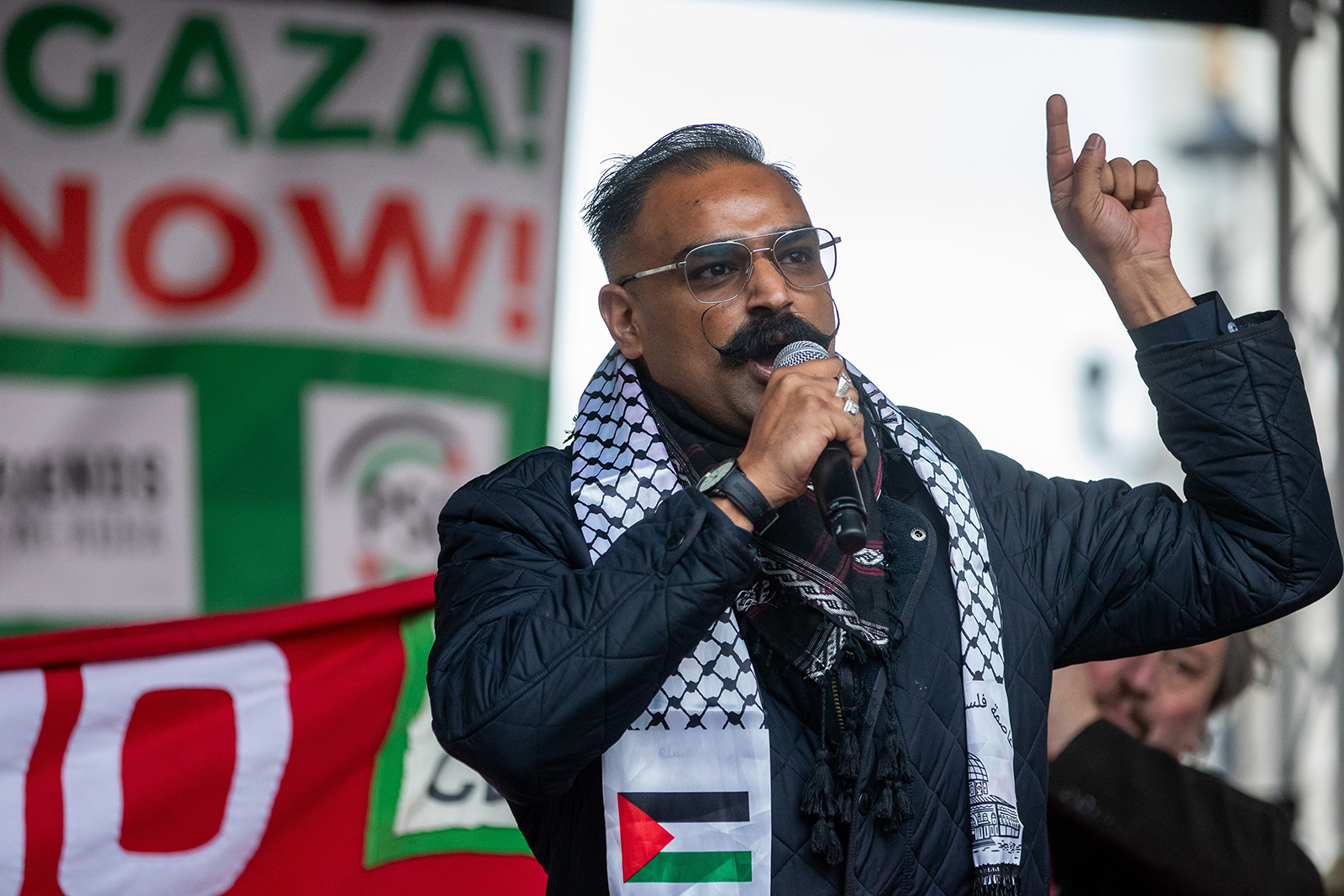
If elected, Mohamed says, he will call for an immediate permanent ceasefire and the recognition of an independent Palestinian state, and will hold the next government accountable for its actions abroad. He criticises Labour and Tory MPs for using “weasel words” when discussing a ceasefire.
“Political parties are there to represent us,” he says. “And it’s been clear, even way back with the Iraq war, with the largest protests in British history, that the government didn’t do what we wanted them to do. And this is what’s happening again with Gaza.”
The war on Gaza was enough to swing votes in May’s local elections behind independent councillors — but will it be enough to win Mohamed a parliamentary seat?
Some comments in the local Batley Matters Politics Facebook group have suggested that Mohamed or the new independent councillors only care about foreign policy issues or are using the crisis for political gain, and say they should focus more on local issues that need remedying.
Mohamed says this is nonsense, citing the NHS — where he has worked as an IT consultant — as a priority, alongside the cost of living crisis, the reopening of closed-down public facilities, the revitalisation of ghost town centres and investment in mental health services.
He says: “Even with the non-Muslim residents I’ve spoken to, some have said: ‘We’ve had the Tories running the country for 14 years and they’ve just set the country on fire and destroyed it, and we’ve had Labour running the council for decades, and the council has gotten our money and shut down major services.’”
Sure enough, in a Facebook group for Earlsheaton, a predominantly white area of Dewsbury, the group’s administrator heaps praise on Mohamed. “He’s big on mental health support and wants to make changes,” his post reads. “This is what we need.”
I speak to 49-year-old mother Shagufta Rauf, who works for a non-profit organisation, on the second day of Eid al-Adha. She is undecided as to whether to vote Green or for Mohamed, but says neither Labour nor the Conservatives are an option for her.
Like many first-generation Muslim Asians in the area, Rauf’s father emigrated to Dewsbury from Pakistan in the 1960s and joined the Labour party in 1973. Locally, she says, Muslims have been active Labour members since the 1970s; as new immigrants who faced racism and difficult working conditions, they considered Labour most likely to grant them better civil rights. At the time, they were largely excluded from the trade union movement.
“In the work environment, [Labour party membership] was one of the small things in life that they had that made them equal with everybody else,” she says. “I think that meant a lot to my dad and he instilled in us when we were younger that ‘the Labour party will be there for you’.
“The Labour party is a completely different beast now to what it used to be. I don’t think in any way, shape or form, in its current vehicle, that I would ever vote for Labour again.”
Rauf is also sceptical about Labour’s candidate Heather Iqbal. Her viewpoints mirror what others in the local Muslim community have told me — that the selection of a brown, Muslim, pro-Palestine candidate seems tactical, and that she believes Labour is hoping to divide the Muslim vote.
“They did the same with Shahid Malik,” she says, referring to the Conservatives’ selection of Sayeeda Warsi to stand in Dewsbury in 2005. “The Labour party panicked and brought in Malik from Nelson [a town some 30 miles west of Dewsbury]. Malik had nothing to do with this area — he’s from Lancashire. He was helicoptered in to stand against Warsi. They’re not stupid. They needed one person with a Muslim name, so he was their poster boy.
“I think they’re doing exactly the same thing again, but I don’t think people are that stupid any more.”
It takes me two weeks to get a response from Iqbal herself. This has been the busiest period of her political career so far, on top of which she was on maternity leave when the selection was announced.
I ask her about criticisms like Rauf’s. “I’ve been selected by Labour to represent all residents of Dewsbury and Batley,” she says. “I’m from just down the road in Bradford — it’s not identical to Dewsbury and Batley but it faces many of the same challenges, especially on community cohesion, crime, high street decline and public services.”
She insists her strong stance on Gaza will win back the trust of the Muslim community. But when pressed on what this stance entails, she seems in line with the party leadership.
“I care deeply about the appalling situation in Gaza and the future for Palestinians,” she says. “The Labour manifesto contains strong commitments on an immediate ceasefire and recognising the state of Palestine. We can only achieve this by electing a Labour government that can work with international partners to make this a reality, just like Gordon Brown did in 2009. The Conservatives have repeatedly demonstrated that they are not interested in doing this.”
If elected, Iqbal says, she will “campaign for an end to the appalling humanitarian crisis in Gaza”. “Some days it’s hard to think of anything else but the horrifying images from Gaza and the pain and suffering we see on our phones,” she adds. “As a new mother, seeing what babies and new mothers have had to contend with hits me particularly hard and is intolerable.”
Retired business owner Mohammed Khan emigrated to Batley from Pakistan as a child in the 1960s and has voted Labour his entire adult life — including in May’s local elections, where he believed a Labour council would be most effective. On Thursday, he says, he will vote against the party for the first time.
“Labour has brought in Heather Iqbal who has an Asian and Muslim name,” he says. “Even if she is pro-Palestine and personally supports Gaza, on a government level she will be confined by the policies of Starmer and the overall party.”
He adds: “I’m voting for Iqbal Mohamed. We need someone who is free to speak up about Palestine at the House of Commons without the restrictions of their party leader.”
I ask Heather about her reception from the local community. “I’ve spoken to countless Muslim and non-Muslim voters who are supporting Labour in this election,” she says. “The message I’m hearing repeatedly is that people want change. The residents of Dewsbury and Batley know that on 5 July they could wake up to five more years of the Conservatives, or they could wake up to a Labour government that will deal with the cost of living crisis, NHS waiting lists, crime and high street decline.”
A recent photo of Heather Iqbal posted on social media standing with members of the Muslim community proves there are Muslim Labour supporters in the area. But after weeks of speaking to Muslims on local streets, in town centres and through local Facebook groups, I find none willing to be interviewed. Local Muslims tell me they are either “undecided” but not voting Labour or Tory, or that they are voting for Iqbal Mohamed. One person suggests to me that Labour supporters may fear judgement from other members of the Muslim community if they go public.
Anwar fears that a split in the Muslim vote could increase chances for the Reform candidate, Johnathan Thackray, who is popular among some in the area.
But the overarching mood in Dewsbury and Batley is hopeful. “I don’t know how much support Labour is going to have because there’s a lot of anger locally over Gaza,” says Rauf.
“I don’t think it’s going to work out for her [Heather Iqbal]. But we’ll see. I think it’s going to be interesting.”
 Newsletter
Newsletter

